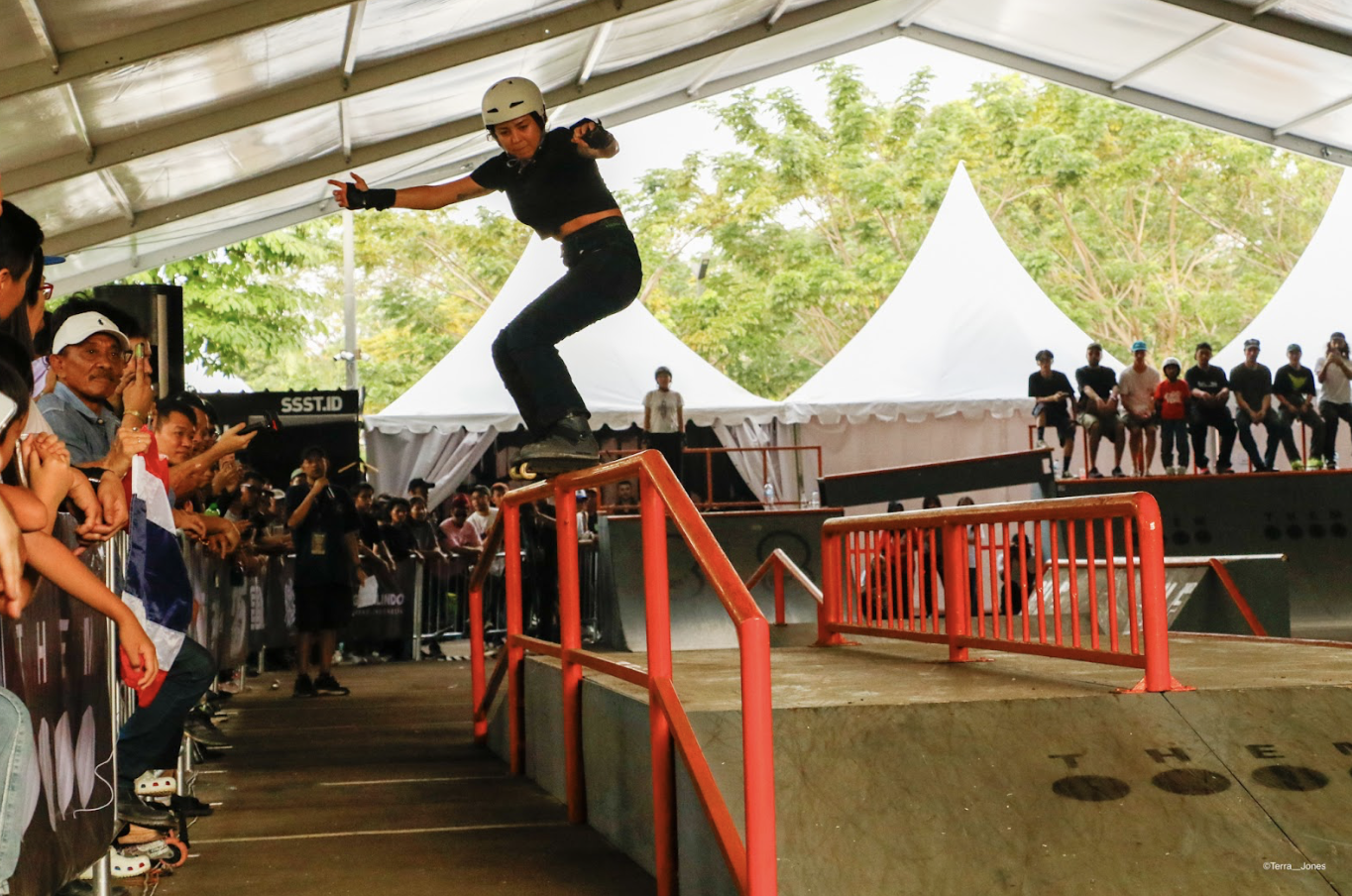Competing With Awareness: How Biorhythms and Bio-Well Helped Me at the Blading Cup
Earlier this August, I had the opportunity to compete in Jakarta at the Blading Cup, one of the most exciting roller freestyle events in the street modality. Street competitions—on rails, boxes, and ramps—are incredibly demanding. They require strength, concentration, rapid recovery, and mental endurance. These are long, intense days filled with both adrenaline and stress.
This time, I brought something new with me: the Bio-Well camera. Beyond reading my energy levels, it gave me an unexpected insight. The device revealed that, on the very days of the competition, my physical biorhythm cycle would be at its lowest point. In simple terms, my natural recovery and endurance capacity were going to be weaker than usual.
Understanding Biorhythms
Our bodies are governed by natural rhythms known as biorhythms, which unfold across three independent cycles:
Physical (strength, endurance, recovery),
Emotional, and
Intellectual.
Becoming aware that my physical cycle was at its lowest changed everything. Instead of pushing against my body blindly, I was able to skate with greater awareness. I noticed my energy was low during practice sessions, and fatigue set in faster than usual. This understanding helped me avoid frustration and shift my mindset: rather than fight against my condition, I would adapt to it.
My Strategy for the Competition
Armed with this knowledge, I decided to approach the competition differently.
During training, I focused on trying the spots where I could shine visually, but without requiring excessive physical effort to reach them.
During the jam session format, where skaters are judged on complexity, style, and aggressiveness, I chose to perform technical but safe tricks. I gave myself longer breaks for recovery instead of chaining together long, demanding trick lines.
It wasn’t my usual style, but it was the smartest choice. If I had pushed myself to skate the way I normally do, I would have burned out quickly and fallen more often. Instead, my strategy allowed me to conserve energy and still perform at a high level.
The result? I reached the final. More importantly, I skated with a positive and conscious mindset, proud of having adapted rather than resisted.
Lessons Learned
Looking back, I recognize that in past competitions, I’ve sometimes felt drained without understanding why. My instinct was always to force myself harder, often pushing to the point of injury or frustration. Now I see how counterproductive that was.
This time, with the help of Bio-Well, I could anticipate my state and prepare accordingly. I also complemented my strategy with regeneration frequencies before and after skating, good hydration, mindful nutrition, and, above all, acceptance of my condition.
Treating the experience as an experiment allowed me not only to perform better but also to gather insights I can now share. And for me, the chance to share this story is already a victory—not just for my career, but hopefully for other athletes who might be struggling with the same invisible cycles of energy.
Competing with awareness doesn’t mean lowering expectations; it means learning to listen to your body, work with it, and transform challenges into opportunities.
Biorhythm information provided by Bio-Well scan.
Javi at Blading Cup, Jakarta.


